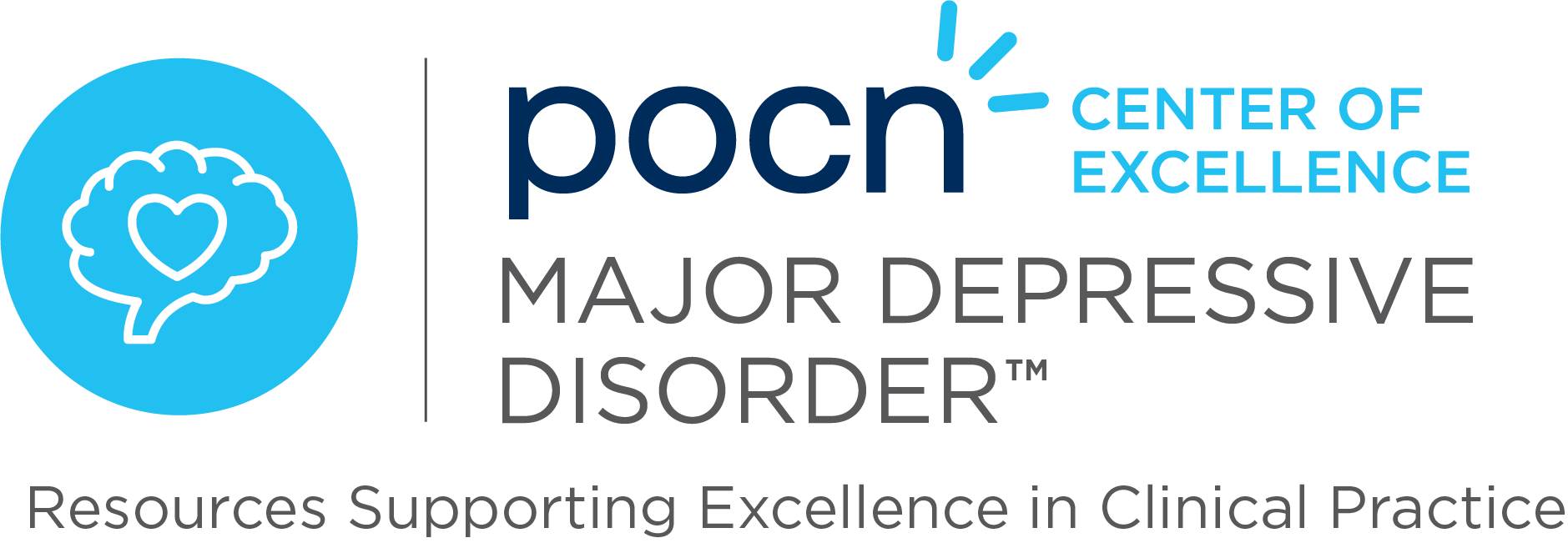Studies investigating the link between dietary sugar intake and depression have yielded mixed outcomes. To further explore this potential relationship, a cross-sectional analysis was conducted using data from the National Health and Nutrition Examination Survey for the years 2011-2018, which included 18,439 adults aged 20 years and older. Depression was assessed through the nine-item Patient Health Questionnaire, and the study adjusted for various factors such as age, sex, race/ethnicity, socioeconomic status, and lifestyle behaviors including alcohol consumption and physical activity.
The results of the study indicated a significant association between sugar consumption and depression. Specifically, each additional 100 grams of sugar consumed daily was found to increase the prevalence of depression by 28% after adjusting for confounders. This finding supports the hypothesis that higher sugar intake may contribute to higher depression rates in adults in the United States. The study underscores the importance of considering dietary habits in the management and prevention of depression.
Reference: Zhang L, Sun H, Liu Z, Yang J, Liu Y. Association between dietary sugar intake and depression in US adults: a cross-sectional study using data from the National Health and Nutrition Examination Survey 2011-2018. BMC Psychiatry. 2024;24(1):110. doi: 10.1186/s12888-024-05531-7.


